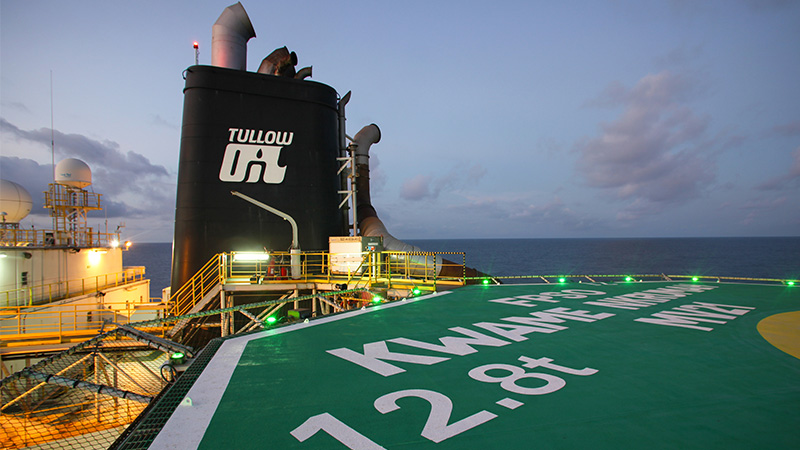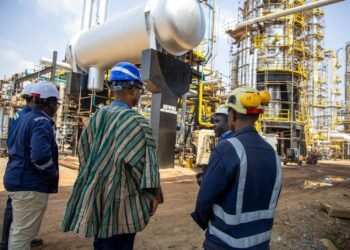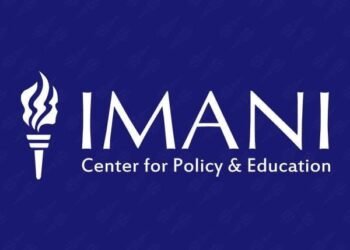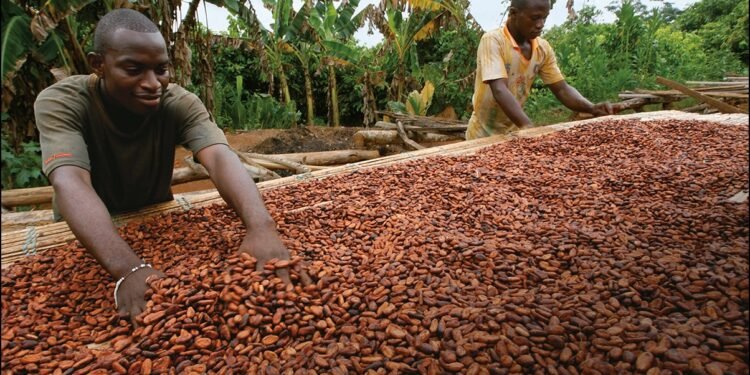The Africa Sustainable Energy Centre (ASEC) has called on the Government of Ghana to urgently revise its crude oil production strategy and renegotiate royalty rates in order to stabilise and enhance national petroleum revenues amid a worrying trend of declining output from key oil fields.
The Executive Director of ASEC, Ing. Justice Ohene-Akoto, sounded the alarm over Ghana’s falling crude oil production figures, warning that unless strategic reforms are made, the country’s fiscal outlook could weaken further due to diminishing oil receipts.
“Our crude oil production has declined for the fifth consecutive year.
“Between 2023 and 2024, there was a slight but significant drop in production of over 0.01%, while crude liftings from the Jubilee Field fell from 33 in 2023 to 32 in 2024.”
Ing. Justice Ohene-Akoto, Executive Director of ASEC
While he acknowledged that royalties from the field rose by approximately 9.3% over the same period, the ASEC director warned that this was not enough to offset the broader negative trend driven by reduced production.
He stressed that this reduction has serious implications for Ghana’s overall revenue generation potential from the petroleum sector.
The ASEC director outlined three main factors that continue to shape Ghana’s oil revenue performance: the royalty percentage applied to production from each field, the actual volume of crude produced, and global oil prices.

While the government cannot influence international market prices currently elevated due to geopolitical tensions, rising from around $64 per barrel to a little over $69 per barrel, it can take proactive steps on the other two fronts: production volume and royalty agreements.
“Crude oil prices remain volatile and largely out of our hands.
“But production strategies and royalty frameworks are within Ghana’s policy control. That is where the government must act decisively.”
Ing. Justice Ohene-Akoto, Executive Director of ASEC
He urged the Ministry of Energy and other relevant agencies to convene a high-level technical and policy dialogue aimed at reviewing and, where necessary, increasing royalty rates across the country’s producing offshore fields, including Jubilee, TEN, and Sankofa-Gye Nyame.
He argued that renegotiating these terms could unlock significant value, especially at a time when other economic sectors are under strain and government finances are stretched.
Boost Output, Reform Royalties

In addition to royalty adjustments, Ing. Ohene-Akoto pressed for renewed efforts to boost production.
He recommended enhanced field management practices, incentivising new exploration, and securing reinvestments in existing oil blocks as viable ways to increase output.
Ghana’s petroleum strategy, he said, must go beyond maintaining current output and instead pursue aggressive, innovation-driven production recovery.
“Relying on favourable oil prices alone is a gamble.
“To secure consistent revenue flows, we must take charge of what we can control, production and royalties. These are the levers Ghana can and must use.”
Ing. Justice Ohene-Akoto, Executive Director of ASEC
Ing. Ohene-Akoto maintained that if government responds swiftly to ASEC’s recommendations, the country could begin to see a tangible improvement in petroleum revenues by the end of 2025.

This, he argued, would strengthen the national budget and improve the state’s capacity to fund critical public services and development programmes.
“Time is of the essence. With smart policy moves now, Ghana can reverse the current revenue dip and set a stronger course for the future.”
Ing. Justice Ohene-Akoto, Executive Director of ASEC
As Ghana navigates the broader global energy transition, ASEC maintains that efficient management of its remaining oil wealth through smarter policies and fairer royalty structures, will be key to supporting both current development efforts and a long-term shift toward renewable energy.
The call to action from ASEC comes at a pivotal time for Ghana’s economy, where every percentage point in petroleum revenue could make a significant difference in the state’s ability to deliver on its obligations.
READ ALSO: IMF Urges BoG to Hold Tight on Policy Rate to Cement Disinflation Gains























